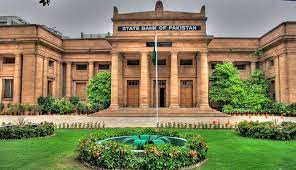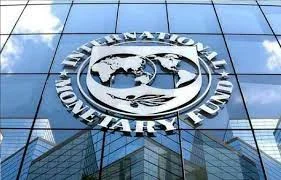Karachi October 12 2021: To promote investment in renewable energy solutions by companies, State Bank of Pakistan (SBP) has eased the conditions for renewable energy solution providers under its Refinance Scheme for Renewable Energy. Now, all Renewable Energy Investment Entities (RE-IEs) interested in installing renewable energy projects/solutions are allowed to avail refinance under category III of the scheme. An RE-IE is a business entity (including vendors and suppliers) whose business is to establish renewable energy projects for onward leasing/renting out/selling on deferred payment basis or selling of electricity generated from these projects to end users.
A L S O || R E A D
SECP Witnesses 20 Percent Growth In New Incorporations In September 2021 – AUGAF
It may be recalled that with an aim to help address the challenges of energy shortages and climate change, SBP revised its SBP Financing Scheme for Renewable Energy in July 2019. SBP also launched a Shariah complaint version of the scheme in August 2019. The scheme now comprises of three categories. Under Category I, financing is allowed for setting up of renewable energy power projects with capacity ranging from 1 MW to 50 MW for own use or selling of electricity to the national grid or a combination of both. Under Category II, financing is allowed to domestic, agriculture, commercial and industrial borrowers for installation of renewable energy based projects/solutions of up-to 1 MW to generate electricity for own use or selling to the grid/distribution company under net metering. Under Category III, financing is allowed to vendors/suppliers/energy sale companies for installation of wind and solar systems/solutions of up to 5 MW. Since the inception of the scheme, 717 projects having potential of adding 1,082 MW of energy supply through renewable sources have been financed. As of June 30, 2021, total outstanding financing under the Scheme is Rs53 billion. While there is substantial take up under Category I & II, solution suppliers under Category III faced problems.
A L S O || R E A D
Technology stocks led the fall of KSE100 on Implementation of Minimum Corporate Tax Globally – AUGAF
Accordingly, in light of the feedback received from stakeholders including renewable energy solution suppliers, Alternate Energy Development Board, NEPRA and banks, the requirement of AEDB certification has been relaxed for RE-IEs who do not undertake installations on their own but hire services of installers/vendors for installation of RE projects/solutions. However, vendors/ suppliers/engineering procurement & construction (EPC) contractors of these RE-IE will still be required to be certified under AEDB certification regulations. It is expected that this revision in category Ill will further facilitate in production of clean energy.











